As countries work toward the 2030 Agenda for Sustainable Development, they face interconnected global challenges, including biodiversity loss, climate change, unsustainable use of natural resources, food insecurity, and the need for inclusive and equitable economic development. Go Green Restore Africa Action (GGRAA) recognizes that sustainable development, a just transition, and a green economy cannot be achieved without gender justice. Ensuring equal access to opportunities and fair benefit-sharing from resources is central to creating a future that is environmentally sustainable, socially inclusive, and economically fair. Through partnerships with trade unions and civil society organizations, GGRAA has conducted trainings and workshops to empower workers and communities to link biodiversity conservation, ecosystem-based adaptation, green and sustainable jobs, clean energy, gender justice, and just transition within a green economy. These initiatives emphasize that biodiversity conservation, climate resilience, economic development, and social equity are inherently interconnected, and that achieving a just transition and green economy requires prioritizing gender equality in all strategies.
GGRAA’s approach highlights that there is no just transition or green economy without gender justice. Strategies for a green and sustainable economy must guarantee equal participation, equitable benefit-sharing, and access to opportunities for women, men, and marginalized groups. This principle is embedded in the Kunming-Montreal Global Biodiversity Framework (KM-GBF), which sets global priorities for biodiversity conservation, sustainable use of resources, social equity, and gender equality. GGRAA’s programs contribute to advancing key global objectives, including reducing the impacts of climate change on biodiversity, promoting sustainable use of biodiversity for food security and livelihoods, ensuring fair and equitable sharing of benefits from natural resources, mainstreaming biodiversity across sectors, mobilizing knowledge and resources for effective implementation, and guaranteeing gender equality and participation in biodiversity action.
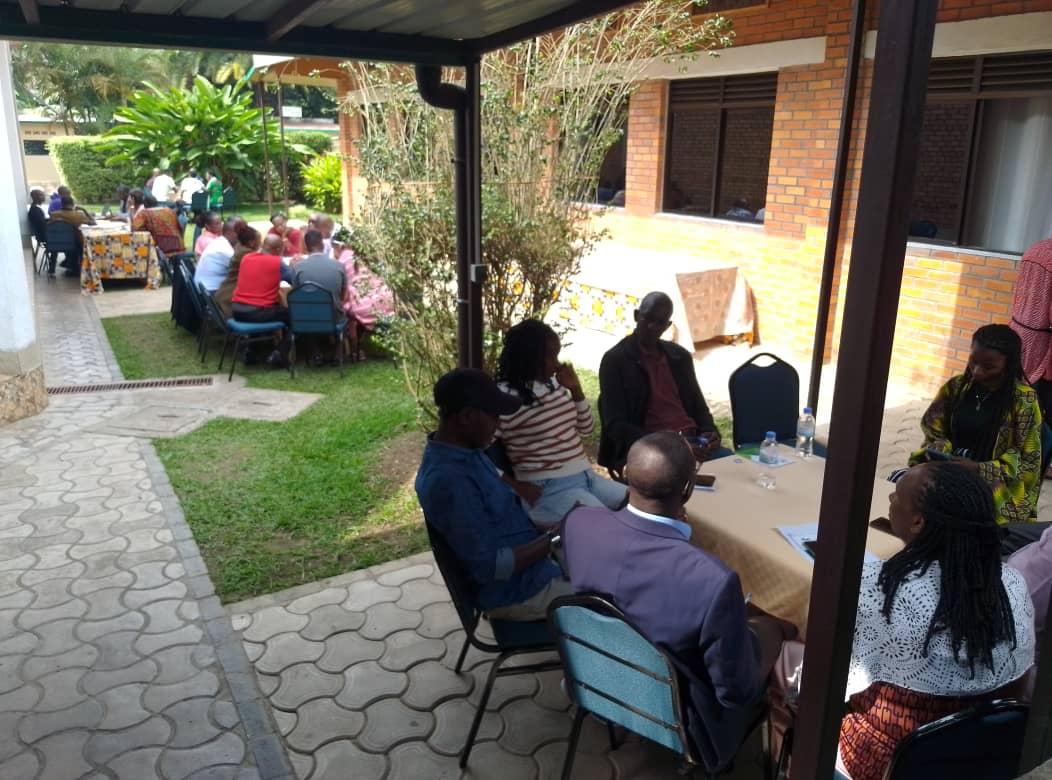
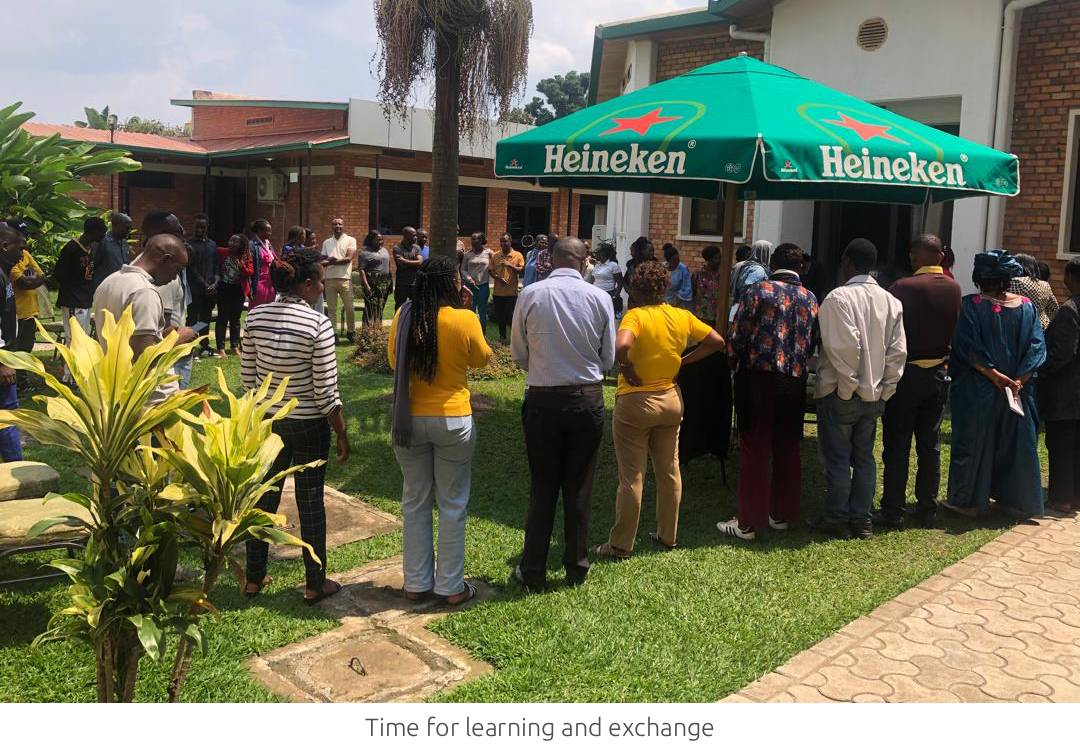
GGRAA has conducted trainings and workshops bringing together trade unions and civil society organizations from diverse sectors, including feminism and gender justice, waste management, agriculture and food security, small-scale fisheries, mining, education, security, tourism, hospitality, and environmental protection. The training curriculum integrates gender justice as a cross-cutting principle, reinforcing that a just transition and a green economy cannot occur without gender equality. Participants gained knowledge and skills on biodiversity conservation, protection of traditional agricultural biodiversity including medicinal plants and trees, ecosystem-based adaptation, nature-based solutions, green and sustainable jobs, gender justice, biodiversity and human health, equitable benefit-sharing from natural resources, and green and clean energy solutions. A central component of the energy focus was eco-friendly cooking stoves, which support rural women and girls—primarily responsible for household food preparation—by reducing firewood consumption, eliminating harmful smoke, improving health, and conserving biodiversity. The workshops also provided a platform for reflection, dialogue, and advocacy, allowing participants to understand how gender justice underpins every aspect of a fair, green, and sustainable just transition.
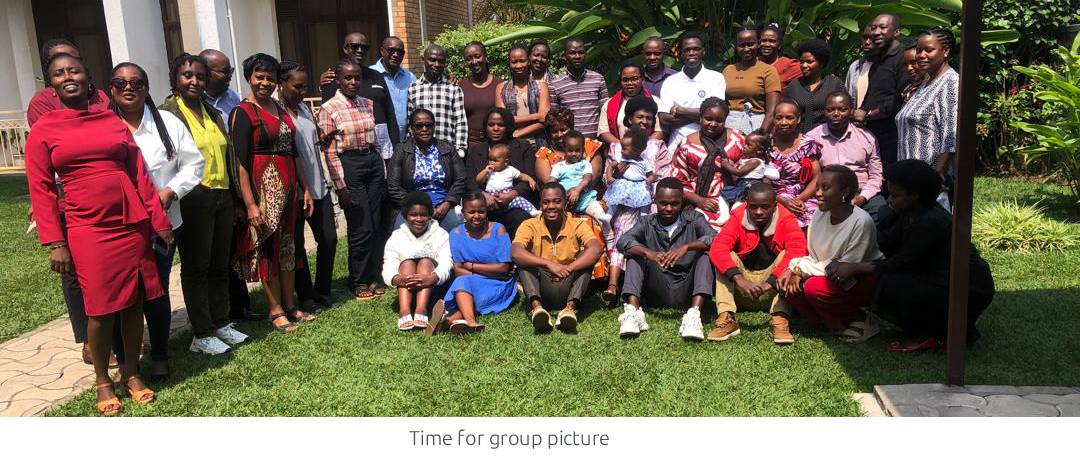
Trade union leaders and civil society participants explored how they can strengthen community resilience through ecosystem-based adaptation, promote green and sustainable job creation, support green and clean energy solutions, and ensure equitable benefit-sharing from biodiversity and natural resources. They emphasized integrating gender justice, social equity, and feminism into all biodiversity and green economy strategies, reinforcing the critical role of trade unions in bridging local actions with national and global biodiversity and climate priorities.

The trainings and workshops enhanced participants’ capacity and understanding of biodiversity conservation, green and sustainable jobs, ecosystem-based adaptation, gender justice, human health, clean energy solutions, and equitable benefit-sharing from natural resources. A key outcome of the programs was the design of a joint action plan, where participants committed to collaborate across sectors to implement strategies that promote biodiversity conservation, protect traditional agricultural species including medicinal plants, support adoption of eco-friendly cooking stoves and clean energy solutions, create green and sustainable jobs for workers and youth, ensure fair and equitable benefit-sharing, and integrate gender justice, social protection, and feminism into all biodiversity, climate, and green economy initiatives. This collaborative plan ensures that knowledge and strategies gained during the trainings are translated into coordinated, practical action, showing clearly that a just transition and a sustainable green economy are impossible without gender justice.

GGRAA supports a green, sustainable, and gender-just economy that is environmentally sound, socially equitable, economically inclusive, and fair in the distribution of benefits. By emphasizing ecosystem-based adaptation, protection of traditional agricultural biodiversity, gender equality, and clean energy solutions, GGRAA promotes green and sustainable jobs while ensuring that communities, women, men, and marginalized groups share fairly in the benefits derived from natural resources.
Through trainings, workshops, and the joint action plan, GGRAA has strengthened the capacity of trade unions and civil society organizations to advance a gender-just, green, fair, and inclusive transition. By integrating ecosystem-based adaptation, green and sustainable jobs, clean energy solutions, biodiversity conservation, traditional agricultural biodiversity, human health, and equitable benefit-sharing, participants are empowered to implement coordinated strategies that contribute directly to the Kunming-Montreal Global Biodiversity Framework (KM-GBF) and the 2030 Agenda for Sustainable Development.
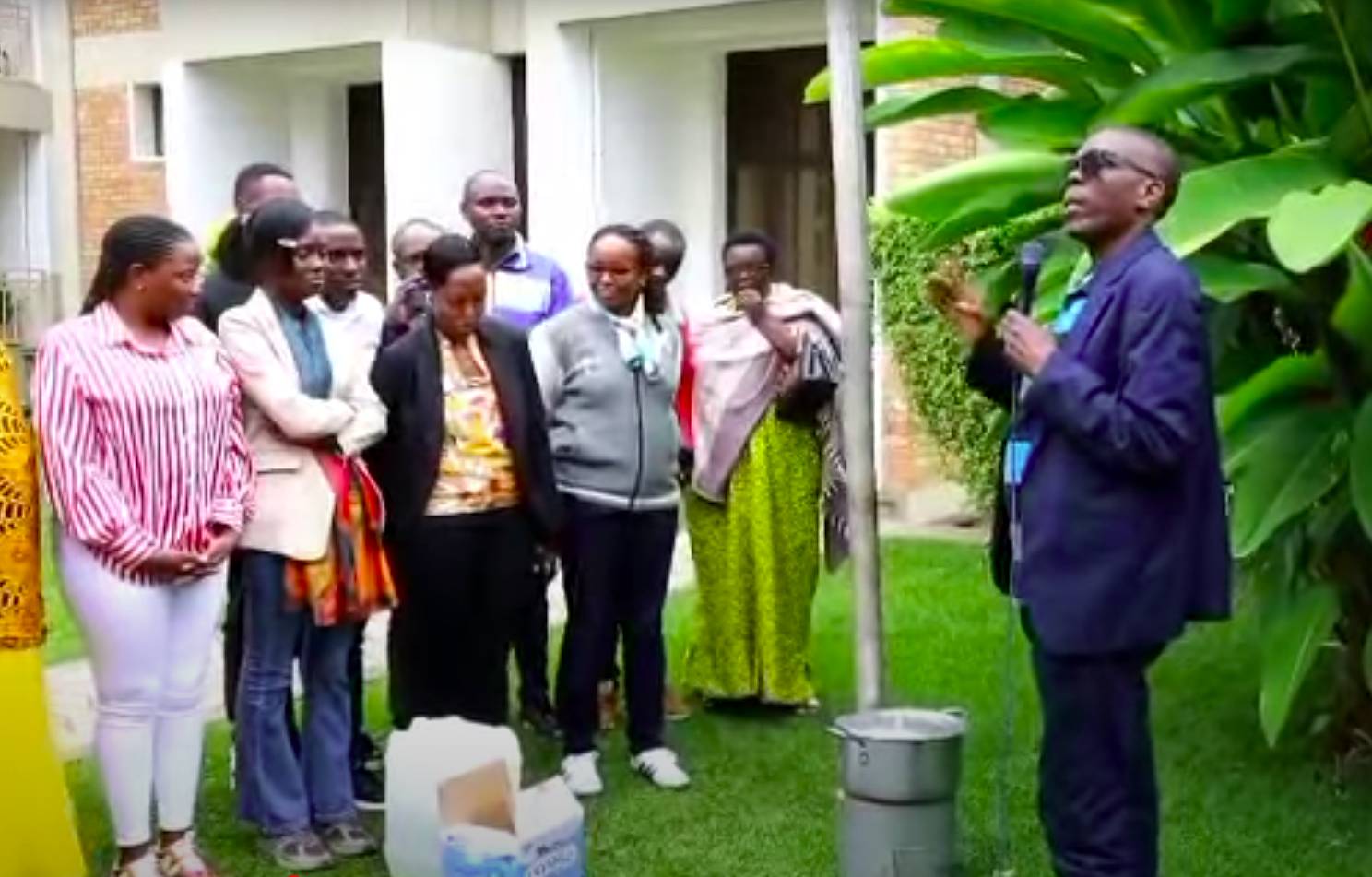
_________________________________________________________________________________________________________________________________
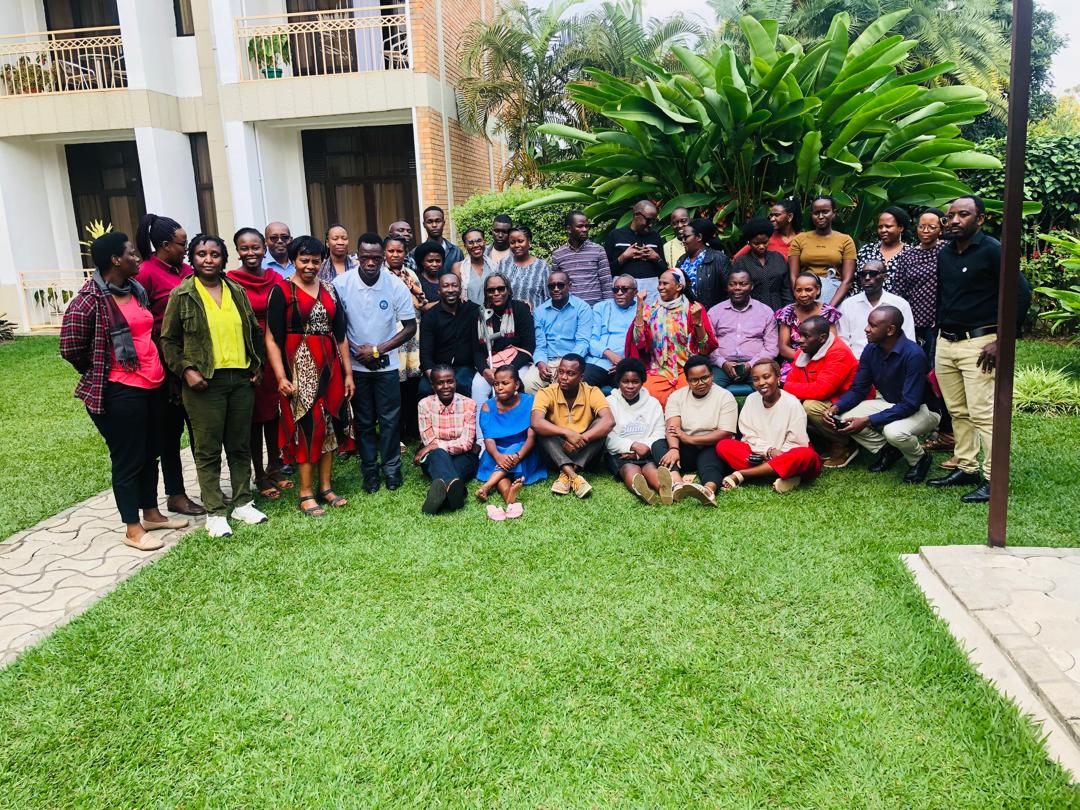
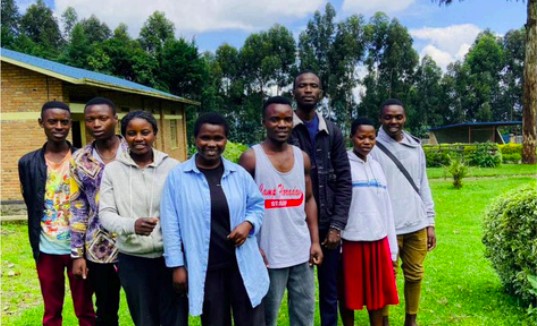

GGRAA empowers Kampanga Parish youth with skills, leadership, and conservation awareness, fostering sustainable livelihoods and protecting endangered mountain gorillas.

Local women in Kinigi use traditional skills to create eco-friendly crafts, fostering economic empowerment and gorilla conservation through GGRAA’s initiatives.

GGRAA restores degraded land in Bugesera through reforestation, education, and community engagement, fostering resilience and environmental stewardship for lasting sustainability.